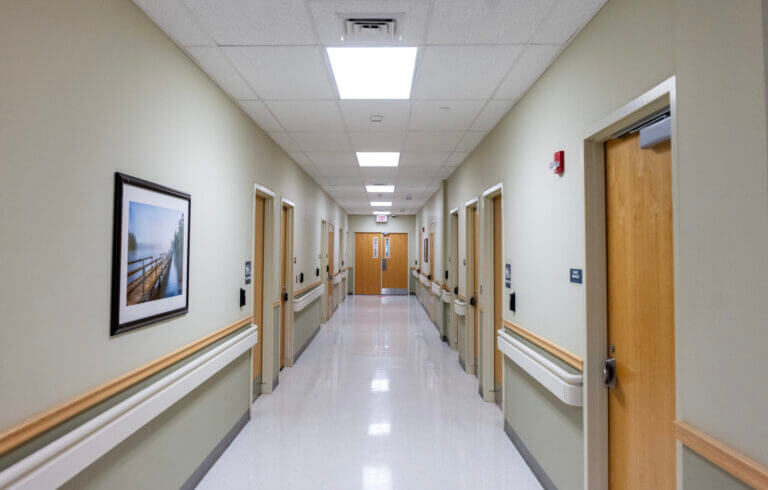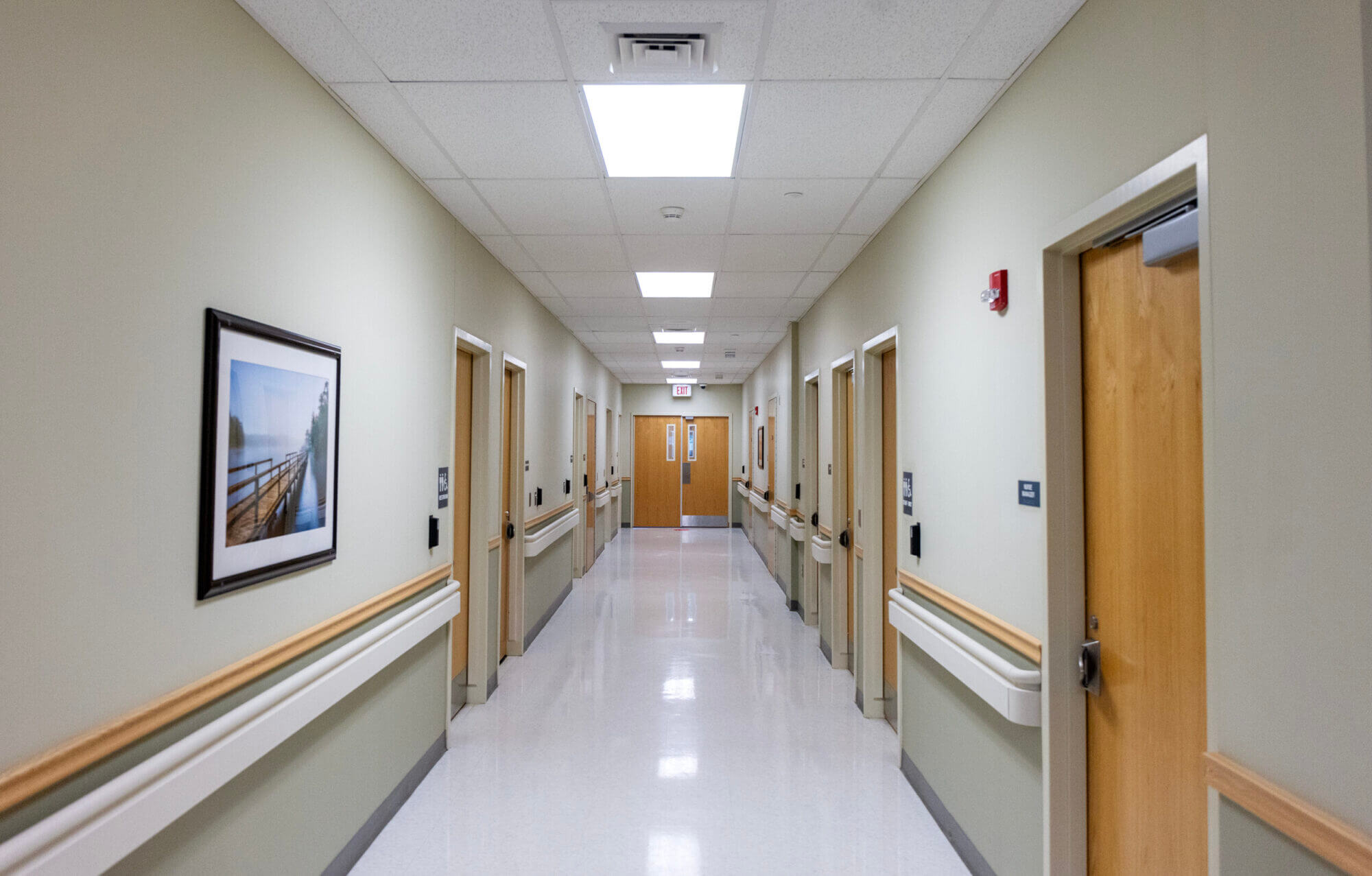

Don’t look now, but thanks to the so-called One Big Beautiful Bill, health care, which by nearly every metric already is bad in Mississippi, is going to get worse.
While Mississippi annually ranks at or near the bottom for most health care outcomes, in recent years some solace could be taken in the fact that the state’s percentage of people without health insurance had dropped significantly.
That drop can be attributed primarily to the fact that since the COVID-19 pandemic, Mississippians have embraced the Affordable Care Act, better known by many as Obamacare.
The citizens of two solid red or Republican states where the ACA for years was ridiculed embraced Obamacare in breath-taking fashion. Texas, viewed as the North Star by many conservatives, had the largest percentage increase of people enrolling in the ACA’s marketplace or health care exchange to obtain private insurance. Texas’ enrollment increased 255% between 2020 and 2025, followed next by Mississippi with a 242% increase to 338,159 people, according to KFF, a nationwide nonprofit that studies health care policy.
Texas and Mississippi have in common that they have more people eligible to sign up for the marketplace policies because they have not adopted another key ACA component: expanding Medicaid to provide health insurance for primarily the working poor. Texas and Mississippi are among 10 states that have not adopted Medicaid expansion. Nine of those non-Medicaid expansion states, excluding Wisconsin, have among the highest percentage of their populations without health insurance and some of the worst health care outcomes. Even with the strong participation in the ACA marketplace, Texas has the nation’s largest uninsured rate at 18.7%, according to Public Health Watch. Mississippi also is in the bottom 10 at 12.4%.
All that said, the uninsured rate in Mississippi is much better than it was pre-ACA, which was passed in 2010 and fully enacted in 2014.
In the 2024 legislative session, as the Mississippi Legislature finally seriously considered expanding Medicaid with the federal government paying the bulk of the cost to provide health care for primarily the working poor, some leaders said the expansion was not needed because of the ACA marketplace. It was true that the working poor, though not the poorest of the poor, could garner private insurance at little or no cost through the exchanges. It was a powerful argument that prevailed, even though hospital administrators stressed that Medicaid expansion would provide more financial security to their struggling hospitals than would the payments they received through the ACA marketplace’s private insurance.
Still, the ACA marketplace policies did provide coverage, and that coverage was bolstered through legislation passed during the Joe Biden administration that provided enhanced federal subsidies to allow the working poor to obtain the policies at little or no cost.
But those enhanced subsidies were not extended with the One Big Beautiful Bill. Some subsidies will still be available under the new legislation, but on average the payments people will have to pay in Mississippi for the marketplace’s private health insurance policies will increase an estimated $480 per year, according to a 2024 KFF study. Plus, the One Big Beautiful Bill makes it more difficult for people to obtain the policies.
Most public health policy experts and the Congressional Budget Office all agree that the percentage of people without health insurance will dramatically increase thanks to the passage of the One Big Beautiful Bill touted by President Donald Trump.
But that news is especially disheartening for many in Mississippi, which has the nation’s highest percentage of unhealthy people.
With fewer people receiving health care coverage through the marketplace and with no Medicaid expansion, those numbers most likely will only get worse in Mississippi.
And the people losing coverage will be those who Republicans in the 2024 session of the Mississippi Legislature claimed they wanted to help: the working poor.
They could still help the working poor by expanding Medicaid in the upcoming 2026 session.
- State Supreme Court considers reviving former Gov. Phil Bryant’s lawsuit against Mississippi Today over welfare scandal coverage - February 18, 2026
- Winter storm update: Mississippi still waiting on fed declaration for individual assistance, lawmakers crafting plan to fund recovery - February 18, 2026
- Shy of special session, Mississippi school choice appears dead - February 18, 2026